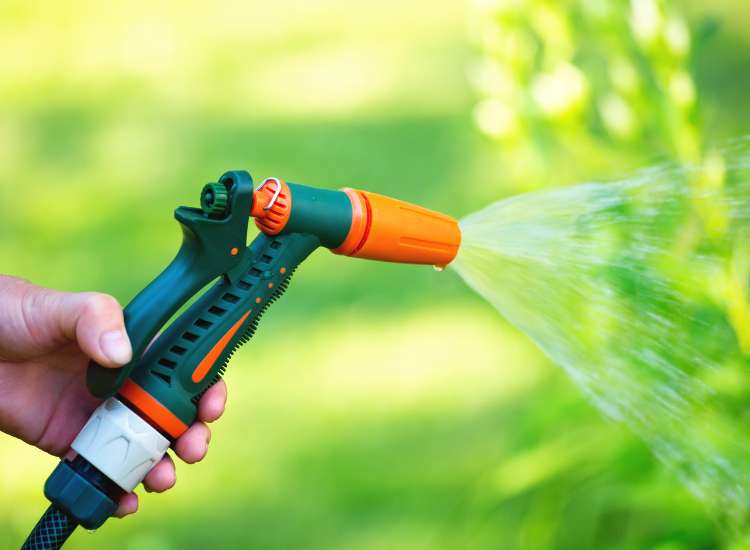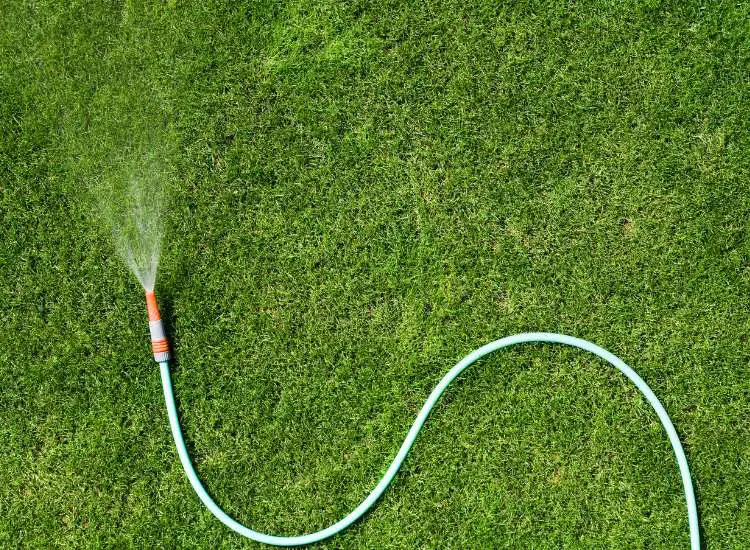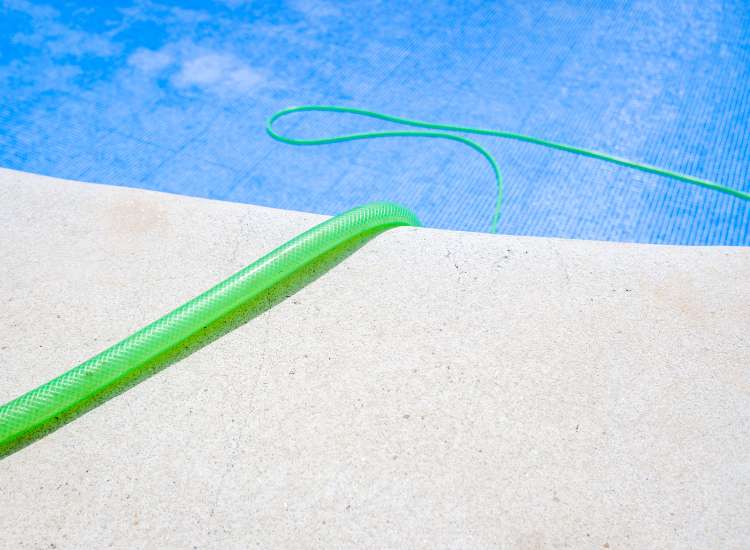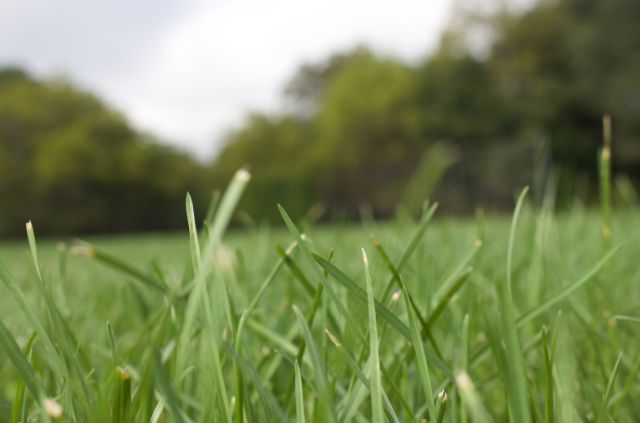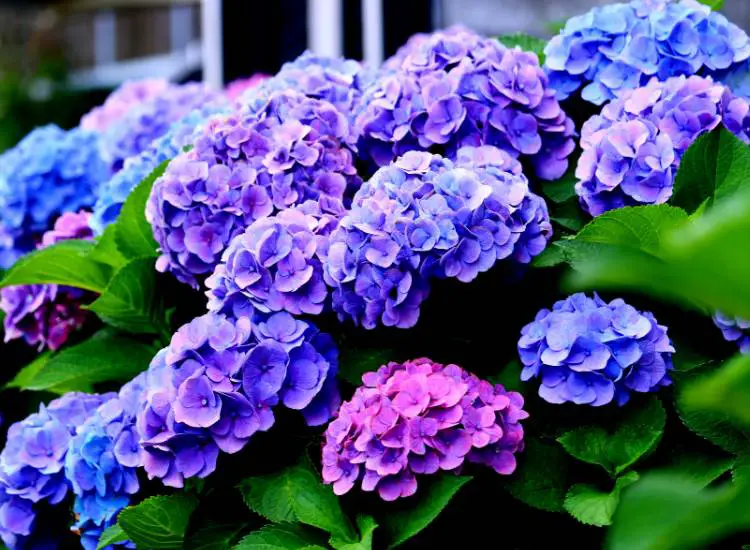Best Mulch for Blackberries
Growing fruit in your garden can be a rewarding experience. But in order for your plants to thrive, it’s essential to select the best mulch for blackberries to support their growing conditions.
There are several factors to consider, such as moisture retention, soil temperature regulation, and weed suppression. In this article, I’ll discuss some of the top mulch types that can help your blackberry plants grow strong and healthy, and ultimately yield a fruitful harvest.
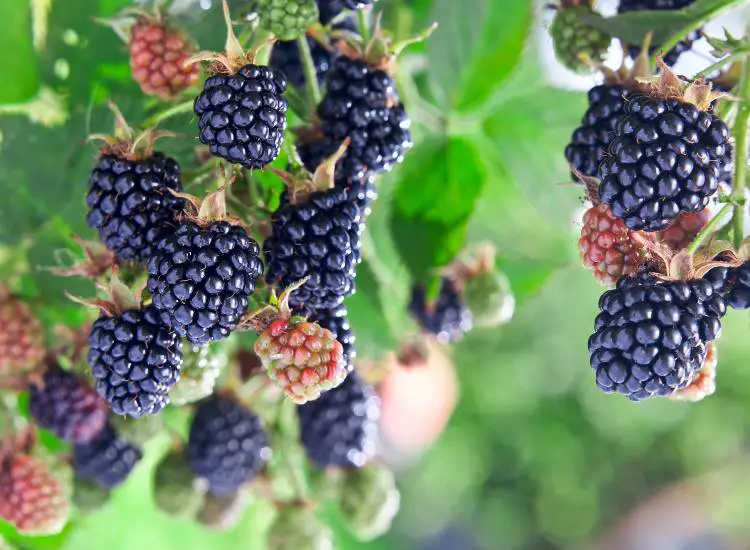
Keep in mind that the effectiveness of mulch can vary based on your specific situation. Take into account your local climate, soil type, and other factors when selecting the best mulch option for your blackberries.
With the right mulch in place, you can expect a remarkable improvement in your plants’ performance.
Types of Mulch for Blackberries
When growing blackberries, choosing the right mulch is vital. Luckily, you have two main categories of mulch to pick from: organic and inorganic mulch.
Organic Mulch
Organic mulch is a popular choice for blackberries and includes materials like:
- Straw: Straw is lightweight, affordable, and provides excellent insulation. Just be cautious of potential weed seeds.
- Wood chips: These are long-lasting and retain moisture well. However, they break down more slowly than other options.
- Compost: A nutrient-rich option for your blackberries. Just ensure it’s well-aged before use to avoid root burn.
By using organic mulch, you enrich the soil, improve water retention, and help regulate soil temperature.
Inorganic Mulch
Inorganic mulch options for blackberries are:
- Plastic sheets: Black or clear sheets can inhibit weed growth and improve soil warmth. Make sure to perforate them for water drainage.
- Landscape fabric: This suppresses weeds while still allowing water to penetrate. Cover with a thin layer of organic mulch for better results.
Although inorganic options won’t contribute nutrients to the soil like organic ones, they are excellent for weed control and moisture retention.
Remember, the best choice depends on your specific needs and preferences.
Benefits of Using Mulch
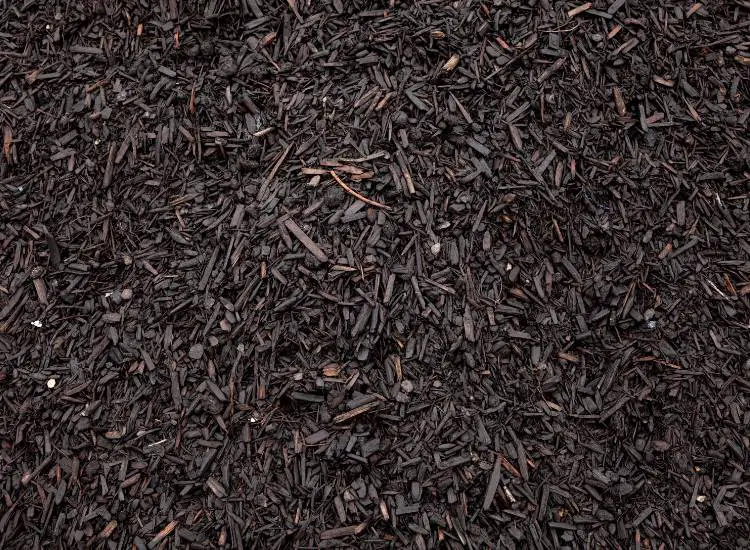
Moisture Retention
Using mulch in your blackberry garden helps retain moisture. You’ll find that your plants stay hydrated and healthy, especially during hot summer months.
Weed Control
Mulch is great for weed control. When you spread it around your blackberry plants, it creates a barrier that prevents weeds from taking root and competing with your berry bushes for valuable resources.
Soil Temperature Regulation
By adding mulch, you can regulate your soil’s temperature. It acts as insulation, keeping the ground cooler in summer and warmer in winter, providing a more stable environment for your blackberries to grow.
Plant Protection
Lastly, mulch offers protection for your blackberry plants. It helps prevent soil erosion and guards the delicate roots against damage from foot traffic or harsh weather conditions. Your plants will thank you for the extra care!
Factors to Consider When Choosing Mulch

Local Climate
When choosing the best mulch for your blackberries, consider your local climate. In areas with hot summers, opt for organic mulches like straw or wood chips to keep the soil cool and moist.
In cooler climates or damp regions, avoid dense, moisture-retaining mulches as they might promote mold growth or rot.
Availability and Cost
Take into account the availability and cost of mulching materials in your area. Some options may be more affordable or readily available, depending on your location.
For example, straw or aged wood chips might be accessible and economical in rural or wooded areas, whereas recycled rubber might be a better option in urban locations. Remember, your choice should be both effective and budget-friendly.
Aesthetic Preferences
Finally, think about your personal aesthetic preferences when selecting mulch. Mulch can come in various colors, textures, and materials, so choose one that complements your garden’s design and style.
For a natural look, opt for organic materials like bark or pine needles, while recycled rubber or colored mulch can add a modern touch to your blackberry bushes.
Application Tips for Blackberries
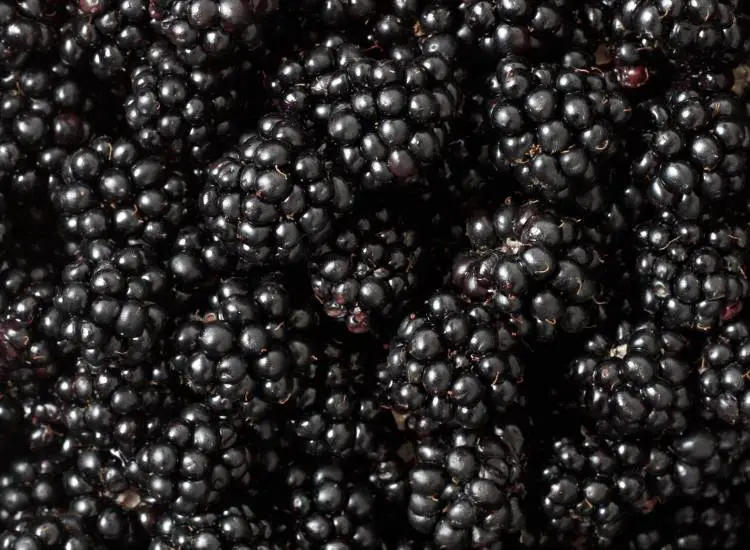
Proper Timing
To ensure best mulching results, apply the mulch in your blackberry garden during late autumn or early winter. This method helps conserve moisture, moderate soil temperature, and minimize weed growth.
Mulch Thickness
When mulching, apply a 2–4-inch layer around your blackberry plants. Developing a thick layer is crucial for sealing in moisture and keeping weeds at bay. But avoid stacking mulch against plant stems, as it may cause rot.
Maintenance
Monitor mulch levels throughout each season, as it may break down or settle. Gently mix and fluff the mulch with a rake to maintain optimal effectiveness. Make sure that it stays evenly distributed around the plant.
Replacement
Replace mulch as needed to preserve consistency and thickness. Be keen on the appearance and state of the mulch in your garden—compost old mulch and/or replenish with new material when necessary to ensure ongoing benefits for your blackberries.
Frequently Asked Questions
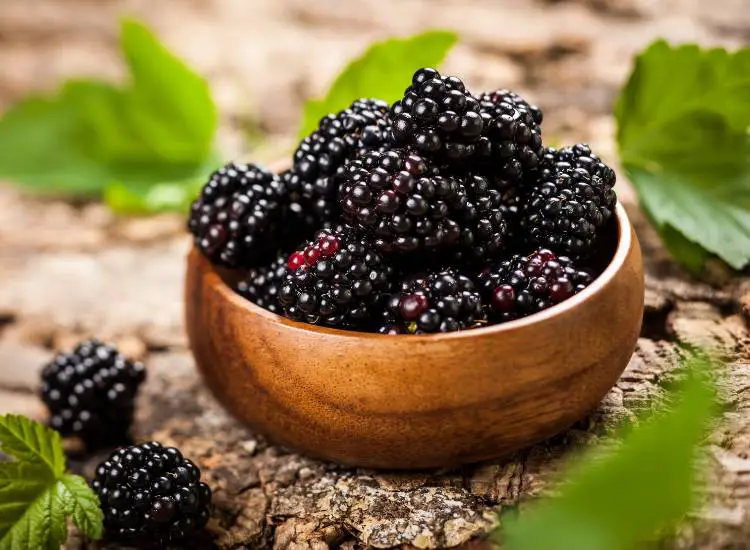
What type of mulch works well with blackberries?
Organic mulches, such as straw, wood chips, or shredded leaves, are great for blackberries. They help retain moisture, suppress weeds, and add nutrients to the soil as they decompose.
Do pine needles make a good mulch for blackberries?
Yes, pine needles can be a suitable choice for blackberries. They provide good weed control and allow for air circulation. However, they may slightly acidify the soil, so it’s essential to monitor the pH levels.
Is cedar mulch beneficial for blackberry plants?
Cedar mulch can be used for blackberries, but it’s not the most efficient choice. While it offers insect-repelling benefits, its dense nature can hinder air and water circulation. Opt for other organic mulches if possible.
How does cypress mulch compare for blackberry growth?
Cypress mulch works well for blackberries as it helps maintain soil moisture and suppresses weeds. However, be cautious about its environmental impact, as cypress trees are often harvested from fragile ecosystems.

